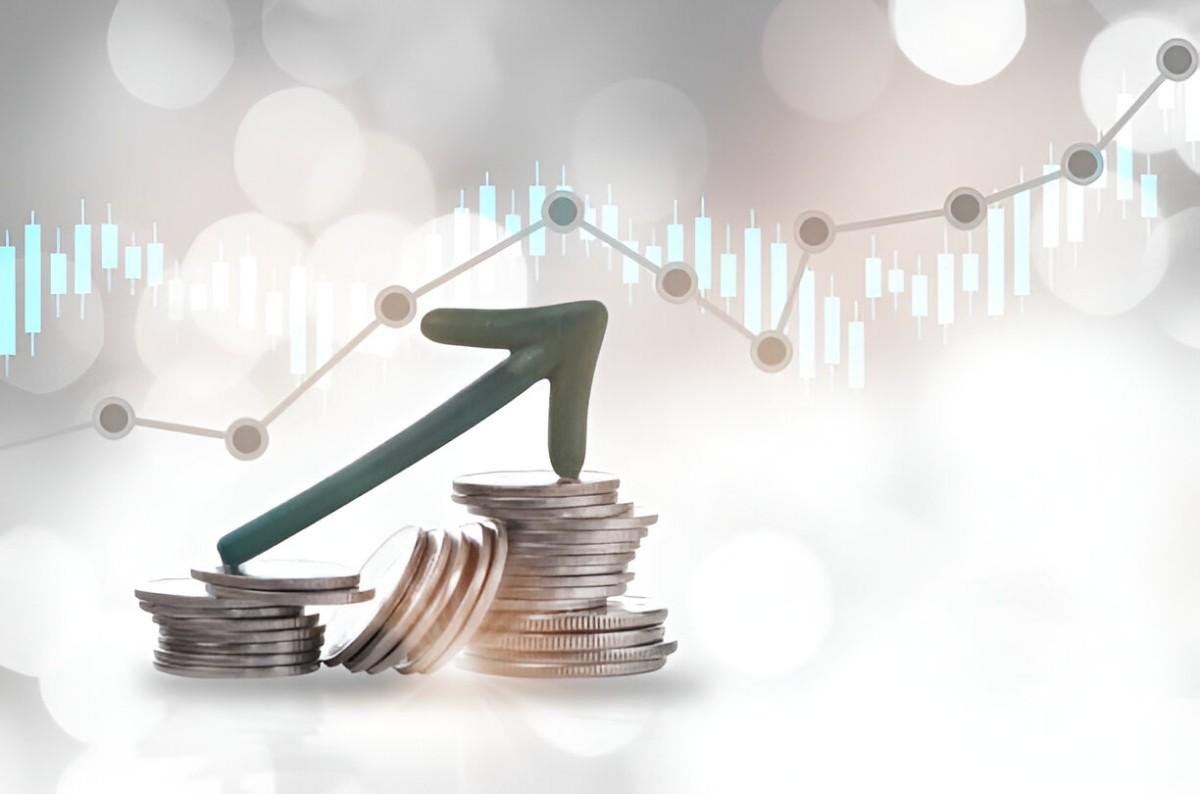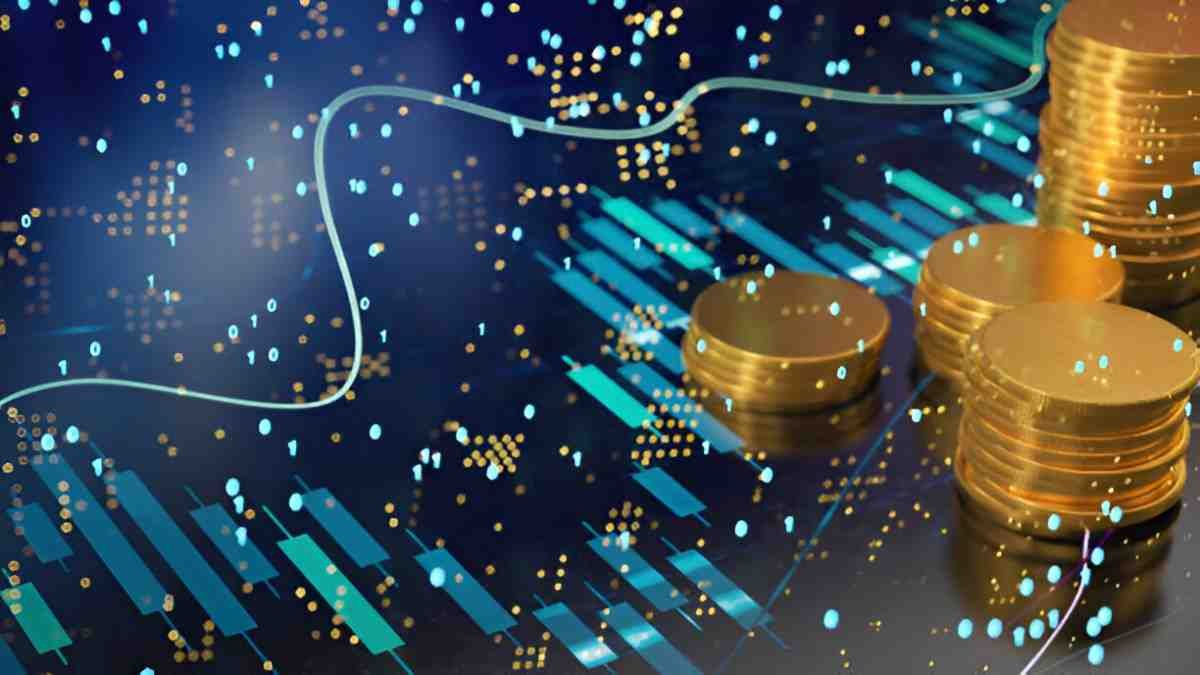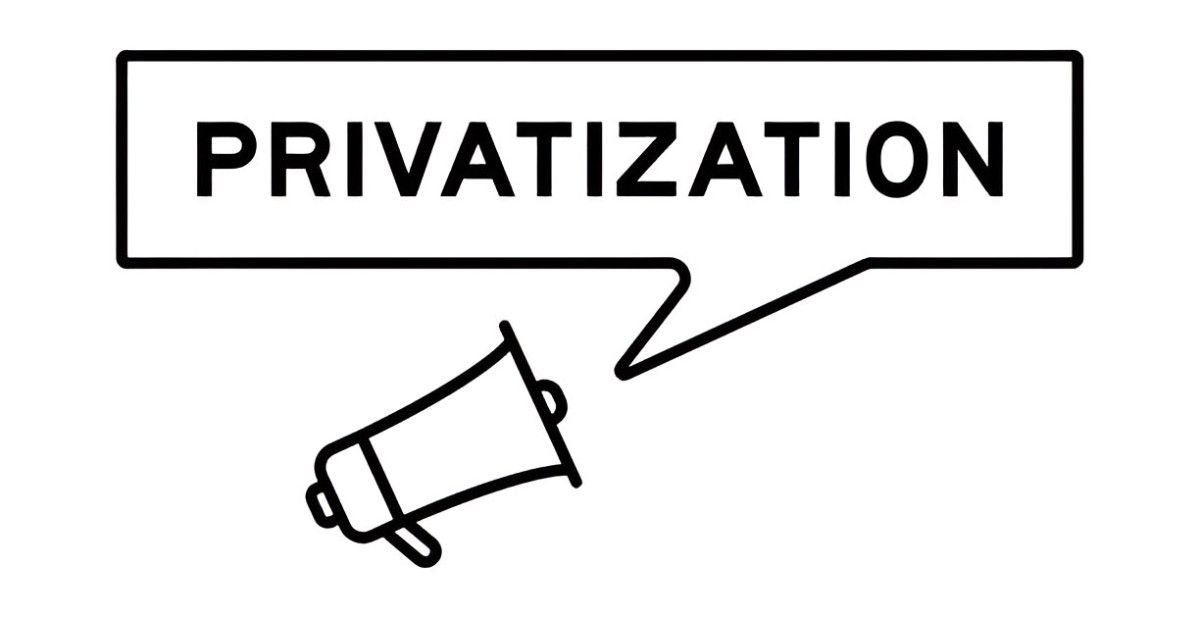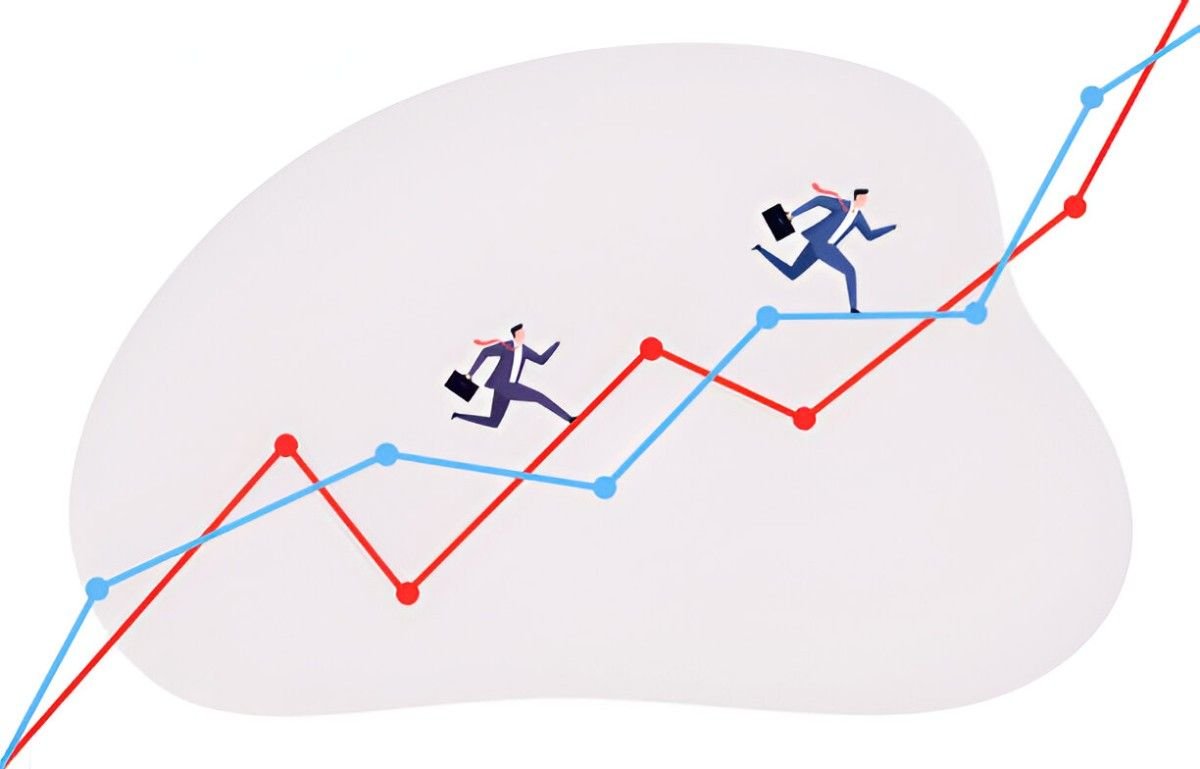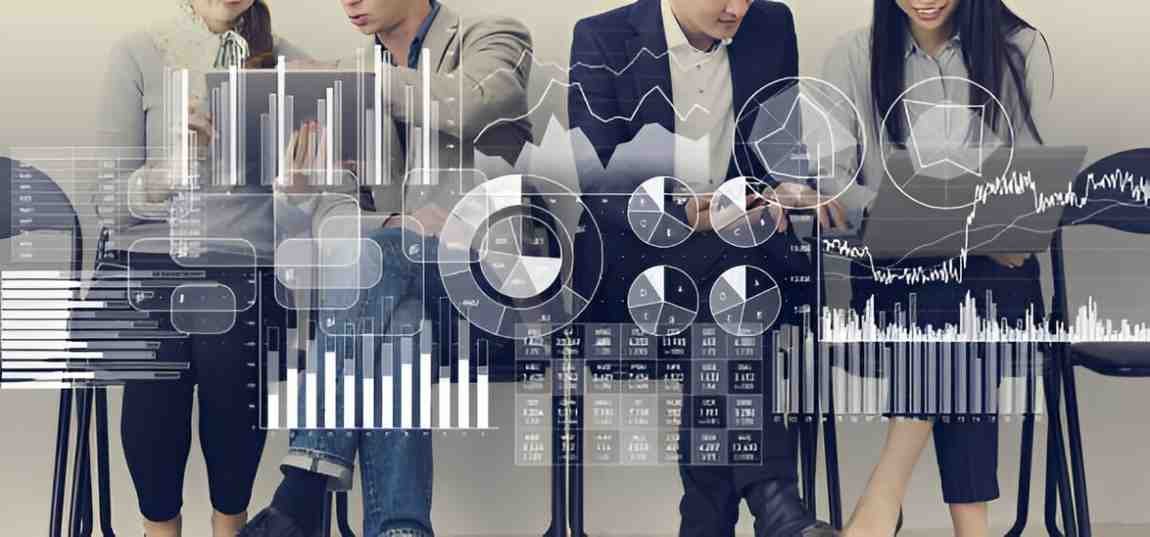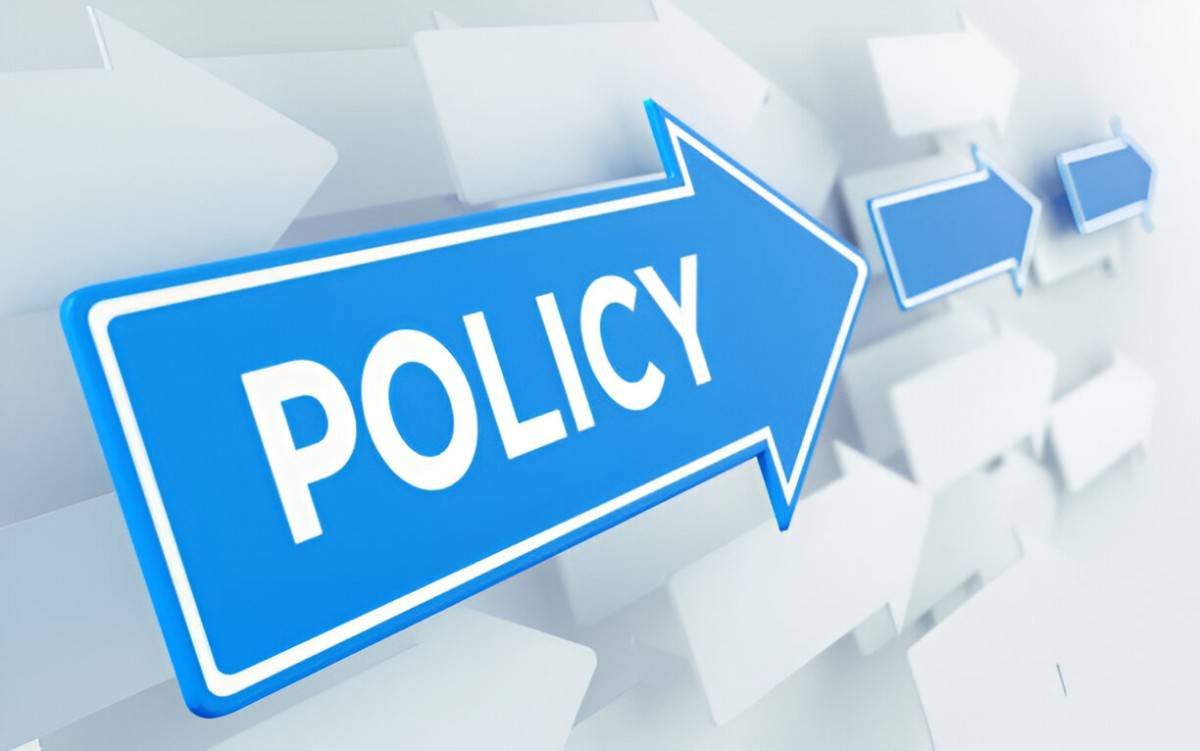Understanding “Per Contra” in Finance and Accounting
As someone who has spent years navigating the intricacies of financial reporting, I find that certain accounting terms remain elusive even to seasoned professionals. One such term is per contra. While it may sound like Latin legalese, its application in finance and accounting is both practical and essential. In this article, I will break down […]
Understanding “Per Contra” in Finance and Accounting Read More »



